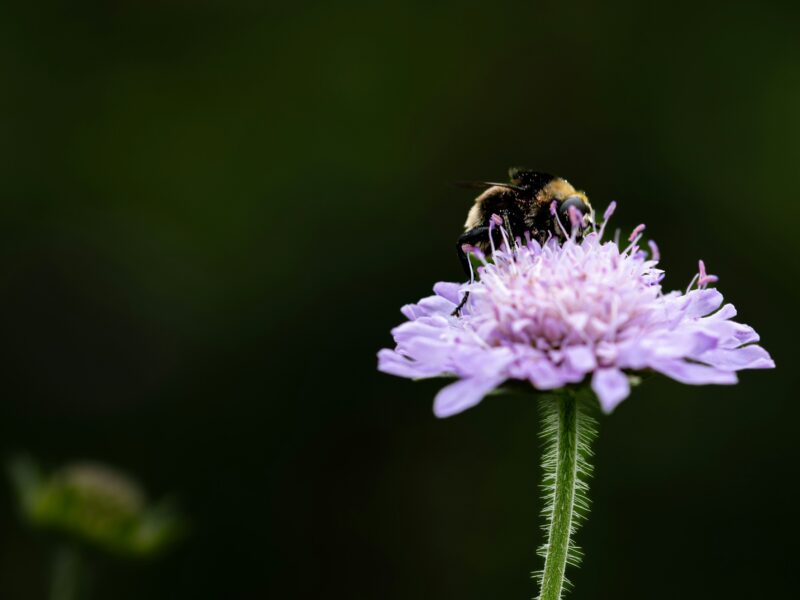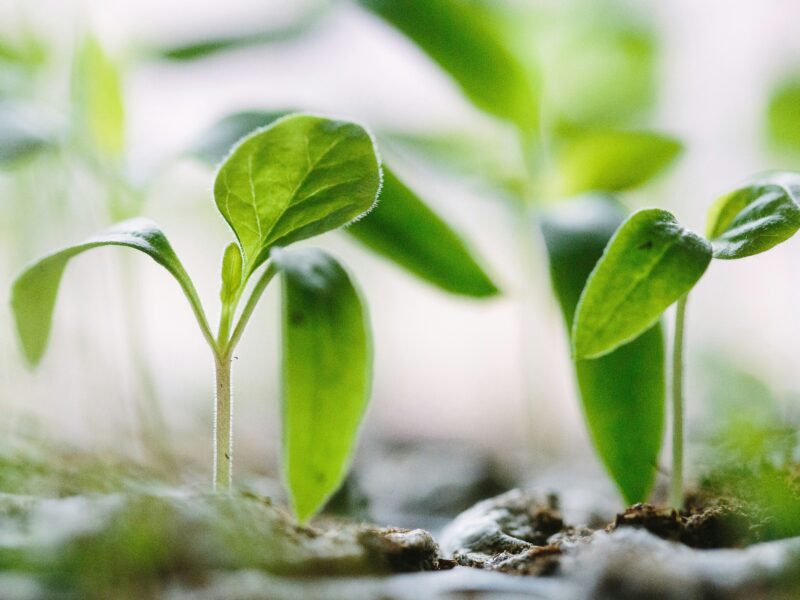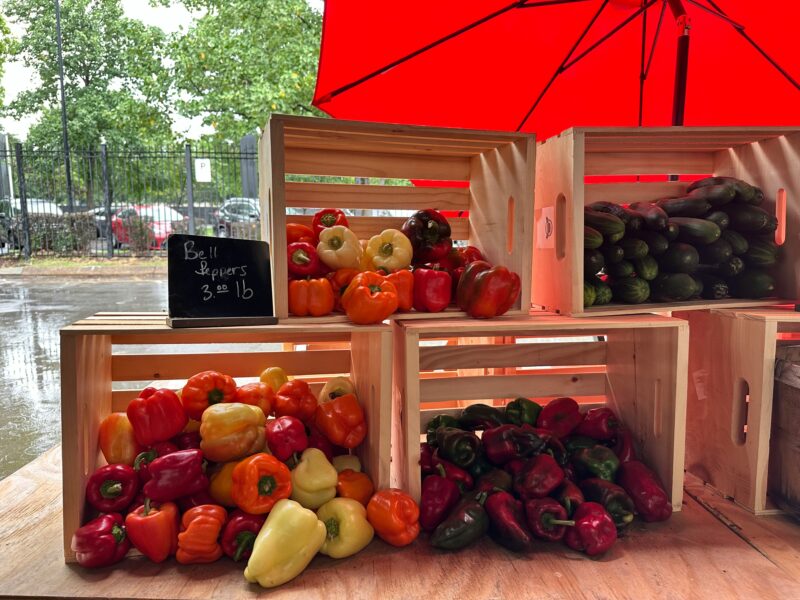Happy New Year!
Will 2022 be the year you skip the chemicals and just go with organic?
If you’re already an organic shopper, it’s likely you’re no stranger to the importance of eating organic, but what about those that haven’t invested in switching to organic? This year we came up with 5 easy and accessible resolutions everyone can succeed at with a little nudge from all of us at Only Organic.
These tiny steps can make a big impact on your health, the environment, and the future of our food supply. Take advantage of the freshness of the new year and embrace some healthy organic resolutions.
- Swap two conventionally produced products you regularly purchase to certified organic products.
Studies link eating organic to a variety of beneficial health benefits – especially important during a pandemic. Research from Friends of the Earth showed that switching to an organic diet decreased levels of cancer-causing glyphosate – the main ingredient in Bayer-Monsanto’s pesticide Roundup – by 70 percent in participants’ bodies in just one week.
There are numerous studies linking chemicals used in conventional food production to health-related problems and diseases. One study found that exposure to fungicide, herbicide, and insecticide cocktails can lead to DNA damage and elevated blood cell death. Pesticide exposure has also been associated with depression and the development of Parkinson’s disease.
If you haven’t already made the swap to certified organic food products, we have numerous brand partners with excellent products here. There is a healthy swap for every one of the familiar conventional products you use. It’s a great time to commit to skipping the chemicals and choosing organic.
- Commit to changing your bedroom into an organic sleep haven.
When people think of organic, they tend to associate it most with food, not necessarily textiles or other products. That does not mean organic textiles should be overlooked! It is just as important to prioritize the things you sleep in and on since it’s estimated you spend one-third of your life in bed.
Any crop used in organic textiles must comply with organic regulations, just like any organic food product. Cotton is used in many bedroom products, from bedding to pajamas. It is one of the oldest crops in the world but became more prevalent around the 19th century, with the industrialization of textiles. Today, more than a third of all textiles are made of cotton.
Organic cotton is regulated as a textile, even though a small percentage of the crop ends up in foods. But because it’s not considered a food crop, this means the conventional cotton crops are heavily sprayed with toxic chemicals and synthetic conventional agricultural inputs. But it’s not just pesticides – currently, 88 percent of U.S. cotton acres are planted with genetically engineered, insect-resistant seeds.
The good news is that organic beds, bedding, and sleepwear are easier to locate, thanks to consumer demand. Here are our organic recommendations for the bedroom:
- Organic mattresses are growing in popularity and thus becoming more affordable. One of our brand partners is Naturepedic, founded by organic pioneer Barry A. Cik. Learn more about Barry and Naturepedic here. You can also shop their mattresses here.
- Organic sheets and bedding are easy to find, from online brands to big box stores like Costco and Target. Here are some options for organic sheets and bedding: Pact, Farm To Home, Grund, Coyuchiand Delilah Home.
- Organic sleepwear is also a great item to swap! Our organic picks for sleepwear come from Pact, Farm To Home, Grund, Coyuchi, Delilah Home, and Yes And.
- Support local agriculture with your food dollars once per week.
Local and organic is better for the environment and it helps mitigate climate change by offsetting carbon emissions. Choosing to buy local, organic products benefits the entire ecosystem in which you live.
If farmers in your area use chemical-dependent agriculture, contamination is likely in the local water supply and soil. Those chemicals also likely cause a decline in the population of beneficial insects, such as pollinators – studies show that pollinators such as honeybees, native bees, butterflies, and birds are in decline. Local farmers who grow organically help these pollinators and lead to less chemicals in the water and soil.
Perhaps the most important reason to buy your organic locally is to lower the fossil fuel costs involved in transporting it. Most produce travels about 1,500 miles from farm to plate, and this long-distance, large-scale transportation of food consumes large quantities of fossil fuels – about 10 times the amount of energy derived from fossil fuels as the energy we get from the food itself, according to Cuesa.
To eat out-of-season produce, we also pay a high price in the number of carbon emissions produced when our food travels long distances. That’s not healthy for the consumer or the environment.
And it’s not just the continued reliance on fossil fuels, with their effects on the climate. There are also the extra measures involved in bringing something to market that’s not local. For example, to ship produce and keep it shelf-stable, it must typically be picked before it’s ripe and then gassed to “ripen” it after transport.
When produce is shipped far from its origin it loses some nutritional value. Eating locally with the seasons is not only better for you but it is also the most effective way to save money on organic food and help offset the energy costs of transporting food out of season. As the cooler months approach, consider these ways of eating organic long into the winter months, when it’s often more expensive and less readily available.
You can also choose to grow some of your herbs and produce inside, even during the winter months. You cannot get more local than growing your own produce! Click here to learn more about growing and indoor garden.
- Choose to purchase an organic piece of clothing rather than conventional next time you shop for clothing.
It makes sense that what we put in our bodies matters. What we choose to put against it matters just as much – or more.
Our skin is our largest organ and primary organ for absorption. It’s not just about avoiding the toxic chemicals that conventional textiles contain – synthetic pesticides and herbicides, formaldehyde, heavy metals, and chlorine bleach, not to mention petrochemicals used to produce polyester, nylon, and acrylic. The positive impacts of choosing certified organic extend far beyond the closet.
Look at what your shirt is made out of. Is it a natural fiber or a synthetic fabric? This is an area that typically catches our audience by surprise, one we highlighted in our organic textile guide here and our interview with Eco-Fashion founder Marci Zaroff here.
If you’re new to eco-fashion, don’t worry, we pulled together the names of some supporting brand partners that carry GOTS-certified organic clothing, including:
- Swap a conventional self-care product for an organic product.
You might think that anything sold on the cosmetics or self-care aisle is safe, and that’s a common assumption, but it’s far from accurate. The FDA regulates personal care and baby care products and cosmetics, but it doesn’t require long-term safety studies or pre-market testing for most ingredients used in the products. Highly toxic ingredients are added to products without strict oversight, and many chemicals are dangerous carcinogens.
Why does this matter? Up to 60 percent of what you apply to your skin makes its way into your bloodstream, so choosing safe products is important. But the cosmetics industry has only 30 toxic substances banned in the U.S., compared to 1,500 in Europe and 500 in Canada. Legislation to change this remains stalled in Congress. In fact, laws haven’t been updated in 80 years! Thankfully our friends at EWG are leading the charge for stricter regulations and more transparency in the personal care product industry. You can learn more about their efforts and how to get involved here.
If you’re unsure about what is hiding in your personal care products, use EWG’s Skin Deep® cosmetics database to identify chemicals of concern and swap out the most toxic. Organic and natural personal care products are becoming more available across the U.S. If you’re unable to find them locally, you can shop online at The Detox Market.
Which resolution are you ready to commit to? Maybe you’re ready for all 5 or you’ve already made these commitments in previous years. If you’re on board, you’ll be helping all of us live on a healthier planet with these impactful decisions.
If you are still on the fence and need an excuse or some inspiration, then just do it for the bees, birds, and butterflies. Many pesticides, even those used at home, are highly toxic to pollinators. These pesticides lead to death and colony collapse disorder and damage the environment for all pollinators needed to grow our food. In short, if you’re supporting conventional agriculture, you’re contributing to the decline of pollinators, birds, and beneficial insects. Often times connecting our goals to something we care about outside of our ourselves helps us stay committed.
If you’re already committed to these 5 resolutions, consider passing this blog to a friend that hasn’t bought into the organic lifestyle. Sharing is caring. Happy 2022!
If you want to learn more about keeping active in the New Year check out our blog on that here.









